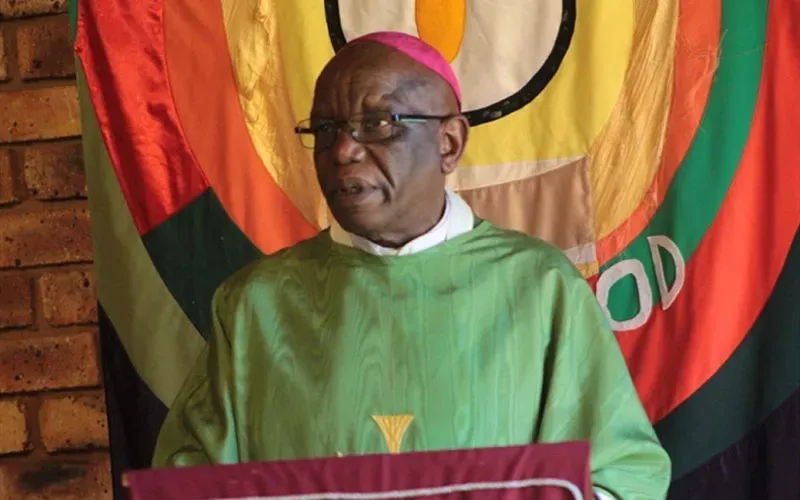The Archbishop said, “We should start a campaign locally and indeed, nationally, internationally, with all international religious leaders who are on this platform to start a campaign that all countries should actually enable women to confer nationality on their children.”
He highlighted the challenge of accessing formal education in South Africa when one is “stateless”.
Archbishop Tlhagale said, “We have been battling in South Africa regarding statelessness, regarding children who are unable to go to school.”
“For example, it's okay when you're still at primary school. But once you reach grade twelve, you need an identity document. And those who have not been registered, do not have ID documents, and therefore fall out of the system,” he explained.
The Catholic Church leader who has been at the helm of the Archdiocese of Johannesburg since June 2003 continued, “It is very unfair for young people at the age of 16, 17, 18, who do not have ID documents as it becomes very difficult for them to go on to higher education or to be employed.”
In a study by the Scalabrini Institute for Human Mobility in Africa (SIHMA), “Childhood statelessness is an increasing issue in South Africa. A considerable number of migrant children in South Africa are stateless or at risk of statelessness.”
The report further indicates that “Childhood statelessness has a number of pathways … A lack of birth registration, the perpetuation of statelessness from a generation to the next when the children are born of stateless parents, undocumented children not knowing their nationality, and unfair laws preventing children from access to a nationality.”
In a separate study, SIHMA has reported, “Undocumented children in South Africa fall into a perpetual cycle of statelessness – many children whose parents are asylum seekers become stateless when administrative duties are neglected, or under the law they are unable to register for citizenship.”
“Stateless children are unable to access primary education, write matric examinations or have any form of legal identification. One of the most if not the most essential aspects for acquiring citizenship is having a birth certificate. Without a birth certificate, children become invisible”, the November 2020 report indicates.
Sheila Pires is a veteran radio and television Mozambican journalist based in South Africa. She studied communications at the University of South Africa. She is passionate about writing on the works of the Church through Catholic journalism.





